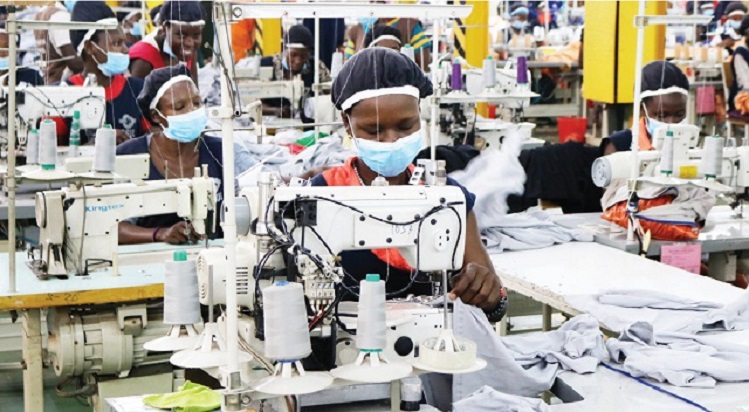The Uganda Revenue Authority (URA) has said there is no proposal to tax food allowances for employees, and that neither is there a law to that effect.
On Tuesday evening, the media was awash with reports suggesting that there is a proposal by the taxman to start levying 18% VAT on food allowances for employees.
“The law that is in existence that was passed last year by the policymakers was to curb an irregularity regarding taxable persons (taxpayers who are registered for VAT and give their employees taxable goods or services at no cost (call it free or as a gift), in which case the employee does not pay VAT, yet the employer claims the same, which results in a cost to the government and distorts the VAT chain of input and output). It therefore requires that the employer accounts for the VAT in the normal way as if the same was paid in order to claim the input VAT,” explains Robert Kalumba, the Assistant Commissioner, Public and Corporate Affairs, URA.
For instance, if an employee A goes to a high-end hotel Y (that is VAT registered) and eats a plate of food worth Shs 100,000. The hotel will charge him or her VAT on the food, and the hotel will claim input VAT on the same.
On the other hand, if the hotel served its staff the same plate of food free of charge, the staff would not pay VAT because the hotel will not charge the staff given that the food is free. However, Kalumba adds that the hotel will go ahead and claim VAT on both plates of food, the one of the employee A and X. But remember, X has not paid any VAT, added Kalumba.
With this, Kalumba says that the URA is closing in on a revenue loophole that was being used by such entities, making the government lose revenue in the end.
“This is what URA is curing by saying let the hotel tell us or show us who X is and that he hasn’t paid for the food but account for it as the hotel as if application to own use,” he adds.
He emphasized that VAT on free food given to employees is only for those in the food business.
“The idea is, if your business deals in a taxable product, e.g., sugar, and you give it out for free to your employees, you remit VAT on this “free” sugar just like if you had sold it,” added Kalumba.





